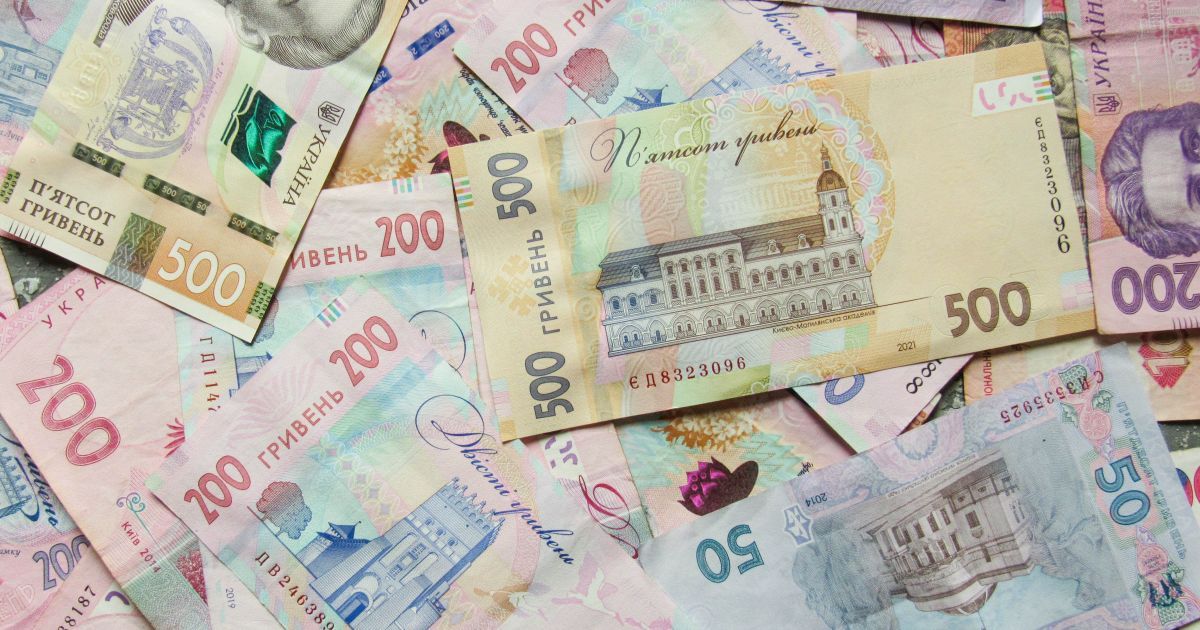Politico warns: Ukraine faces salary and pension delays due to financial crisis
14 November 11:17
The European Commission is redoubling its efforts to use frozen Russian assets to finance a €140 billion loan to Ukraine. If the European Union does not approve this decision, Kyiv may begin to tighten its belt as early as April, delaying payments of pensions and salaries to civil servants, doctors, and the military. The EU’s decision is complicated by Belgium’s fear and the threat of a veto by Hungary and Slovakia.
This is stated in an article by Politico, "Komersant Ukrainian" reports.
The European Commission is stepping up efforts to use frozen Russian assets to finance a €140 billion reparations loan to Ukraine. This decision was supported by the majority of EU finance ministers, who prefer this option to allocating funds from their own budgets.
Nevertheless, Belgium is still refraining from approving the initiative. Brussels fears that the use of assets controlled by the Euroclear depository could provoke Russian retaliation both in the country and abroad.
As Kyiv’s financial reserves for the war are rapidly dwindling, European Commissioner for Economic Affairs Valdis Dombrovskis warned during a ministerial meeting on November 13 that delaying a decision would be more expensive than adopting a loan mechanism.
Denmark, which currently holds the EU presidency and is leading the legislative negotiations, urged the Commission to move forward after the last ministerial meeting in Brussels. This will allow preparing materials for discussion by the leaders’ advisers at a meeting on Friday, ahead of the mid-December summit, where the issue will be put back on the agenda.
However, many barriers remain before Ukraine actually receives the payments. The likely delays mean that the EU will likely have to provide Kyiv with temporary loans until the main funding becomes available.
When might Ukraine be left without funds?
Starting in April, Kyiv will have to cut spending significantly unless a new tranche of support comes from the EU or the IMF, the global lender of last resort.
First, the government will use the funds planned for next year, including dividends from state-owned banks. Then it will try to place debt securities among investors who will demand a certain yield.
When these resources are used up, the government will begin to cut funding for local governments and reconstruction programs after Russian shelling. The last resort will be to postpone payments to public sector employees, doctors, pensioners and the military. This has not happened since the beginning of the full-scale war.
What about IMF lending?
The IMF is preparing a new package of assistance to Ukraine for about $8 billion, but its provision depends on the EU’s decision to use Russian assets to cover a larger loan. Ukraine will not have to repay these funds if Russia ends the war and pays reparations, which effectively creates a guarantee for the Fund.
An official proposal by the European Commission to the European Parliament and the Council of Europe could convince the IMF of Ukraine’s ability to bear the additional debt burden.
Belgium is not the only obstacle
Belgium’s position is key, because without it, it is impossible to utilize assets. But an additional threat is posed by Hungary and Slovakia, countries that maintain close ties with the Kremlin and are in no hurry to provide Belgium with guarantees in case Russia demands the return of assets. Their comments could seriously slow down the process.
Budapest and Bratislava have the opportunity to block sanctions, including those on assets, for six months – a single veto could give Moscow access to frozen funds. The European Commission is looking for legal solutions to minimize the risk of a veto, but some officials doubt the success of such a step.
Can we expect a quick disbursement of €140 billion after approval?
No. Some countries, including Germany, will have to get approval from their national parliaments for the guarantees requested by Belgium. This could drag out the process for several months.









